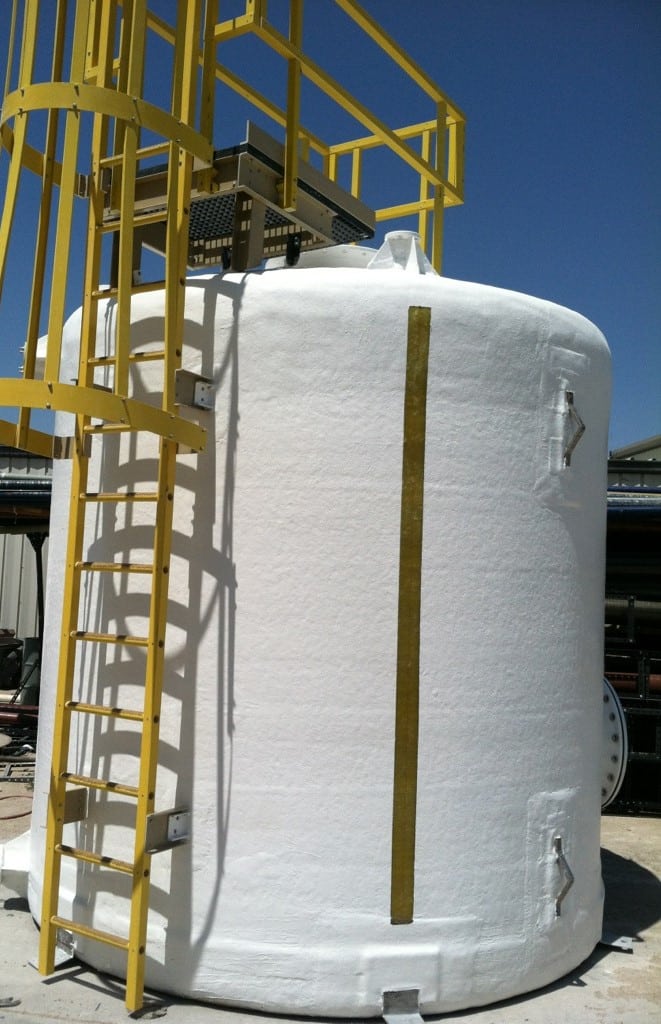Are fiberglass tanks safe for storing drinking water?
Yes, fiberglass tanks are indeed safe for storing drinking water, and they offer several benefits that make them suitable for this purpose. The safety and suitability of fiberglass tanks for potable water stem from their construction materials and manufacturing processes.
Here are the key reasons why fiberglass tanks are good choices for storing drinking water:
1. Material Safety
Fiberglass tanks are made from glass-reinforced plastics (GRP), also known as fiber-reinforced polymers (FRP). These materials are non-toxic and do not leach harmful substances into the water, making them safe for storing drinking water. The resins used to bond the fiberglass can be specifically chosen to ensure they are safe and suitable for potable water applications.
2. Corrosion Resistance
One of the significant advantages of fiberglass tanks is their resistance to corrosion. Unlike metal tanks, fiberglass does not rust, corrode, or degrade over time, which is crucial for maintaining the quality of drinking water. This feature ensures that there are no metallic contaminants or rust particles in the water, which are common problems with steel tanks.
3. Taste and Odor Neutral
Fiberglass tanks do not impart any taste or odor to the stored water, which is an essential factor for potable water storage. This neutrality helps in maintaining the natural quality and taste of the drinking water.
4. Structural Integrity
These tanks are structurally strong and can be designed to handle various environmental stresses, including underground and above-ground installations. Their robust construction helps prevent leaks and ruptures, further protecting the water from contamination from external sources.
5. Low Maintenance
Fiberglass tanks require minimal maintenance compared to other types of tanks, such as steel or concrete tanks, which must be regularly inspected and repaired for cracks, leaks, and corrosion. The low maintenance requirement of fiberglass tanks helps in reducing the long-term costs and effort involved in ensuring the safety of the stored drinking water.
6. Certifications
Many fiberglass tank manufacturers ensure that their products meet the standards set by relevant authorities for potable water storage. For instance, in the United States, fiberglass tanks that are used for drinking water storage are built to the standards of the National Sanitation Foundation (NSF). Following NSF is crucial as it assures the tank has been tested and meets specific standards for safety and quality.
7. Customizability
The ability to customize fiberglass tanks to specific needs allows for the creation of systems that can maintain the purity and safety of drinking water. They can be fitted with various fittings and fixtures that help in maintaining the cleanliness and hygiene of the water, such as vents, overflow protections, and easy-clean features.
In conclusion, fiberglass tanks are not only safe for storing drinking water but also provide several advantages over other types of tanks. They ensure the water remains pure, free from contaminants, and unaffected by the material of the tank itself. When purchasing a fiberglass tank for potable water, it is essential to ensure that it meets the required standards and certifications for safety and quality.
KBK Industries is the leading manufacturer of fiberglass tanks. Find out more at www.kbkindustries.com or call 785-372-4331.

